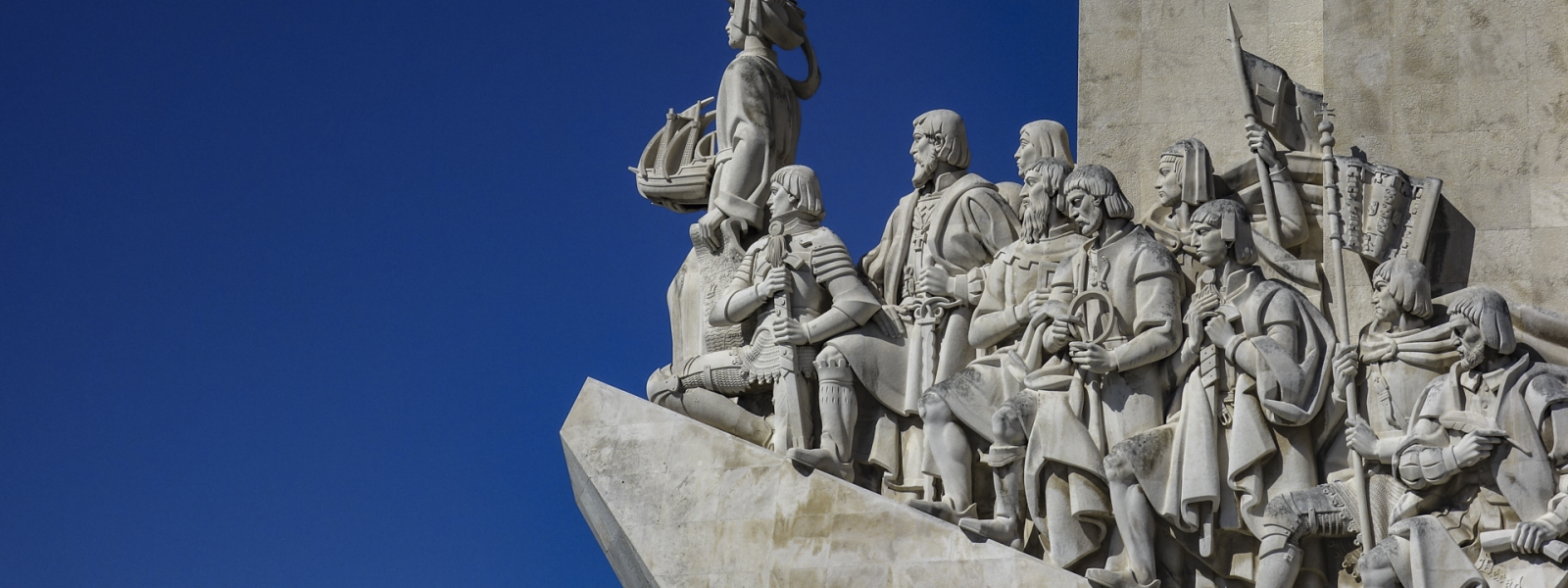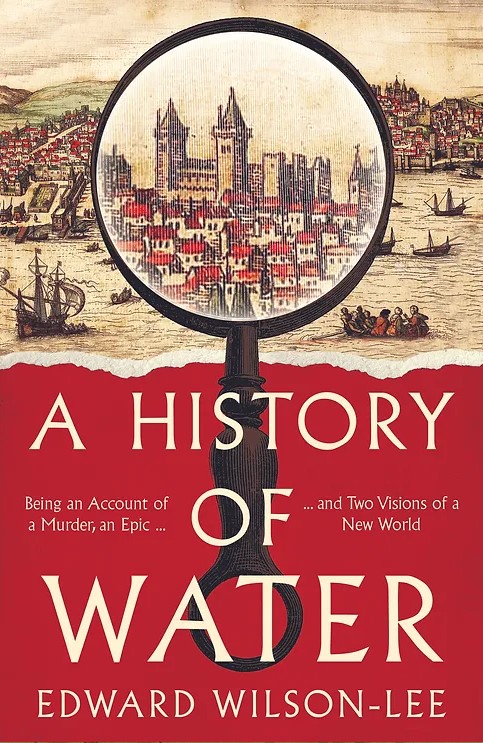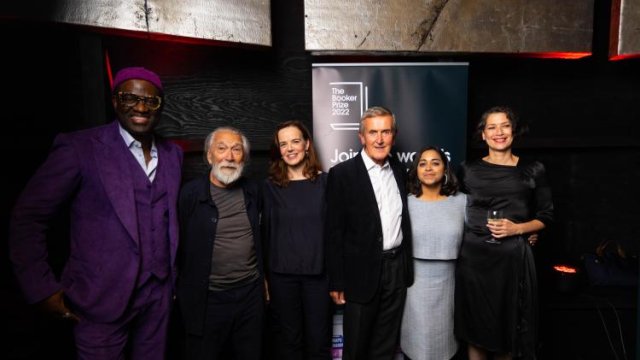Dr Wilson-Lee’s latest book is one of four shortlisted in the Quality Biography category at Britain’s longest-running literary awards, founded in 1919.
Based at the University of Edinburgh, the James Tait Black Prizes are the only major book awards judged by scholars and students. Academics and postgraduate students from Edinburgh’s School of Literatures, Languages and Cultures read over 400 books before arriving at shortlists for the two prizes, in fiction and biography. The winners will be announced in July.
“It's a great honour to be included on this shortlist, especially given the extraordinarily high calibre of the other writers on the list, and the fact that the winnowing is done not just by a panel of experienced judges but also by readers from the University of Edinburgh.”
Dr Edward Wilson-Lee
A History of Water: Being an Account of a Murder, an Epic and Two Visions of Global History uses a mysterious death as a springboard to tell the story of two key witnesses to the first global expeditions: Damião de Góis, later Portugal’s Chief Archivist, and the poet Luís de Camões.
The book reflects on the different responses of these two men to their experiences of this first wave of ‘globalisation’, contrasting the more swashbuckling Camões, whose epic poetry focuses on celebrating Portuguese ‘success’, and de Góis, who became fascinated by the new cultures he came into contact with.
Wilson-Lee spent four years working on the book, including time spent in archives in Goa, Lisbon and Rome.
While Camões’ work has been widely translated, de Góis remains an obscure figure.
Dr Wilson-Lee: “I knew about Camões and his epic poem The Lusiads from a young age, but was always rather dissatisfied by how evasive he is about the extraordinary cultures he was encountering in Africa and Asia. Indeed, the history of this wonderful period tends to be very siloed, as if what happened in Europe––religious and political upheaval, and an extraordinary period of cultural productivity––had very little to do with what was happening outside, and the immensely varied and interesting cultures with which Europeans were becoming familiar.
“In preliminary research for the book I then came across Damião de Góis and immediately fell in love. He's such a sponge for the wonders of the world: one of the first collectors of Hieronymus Bosch, a talented composer, a translator of the Bible and the author of a guidebook to Lisbon, fascinated by everything from mermen to the sounds of rivers. He was the first author of published accounts for Europeans of Ethiopian and Sami culture, and the official chronicler for the Portuguese of the period when they first encountered India and China. Luckily for me, he also died in strange and mysterious circumstances––a gift for the biographer.
“So I decided to pair these two intriguing characters.
“The book, in a sense, is about a previous moment in which global connectivity rapidly increased, and that while some saw this as a wonderful broadening of horizons, others gave in to distrust of people who do things differently, which set the stage for centuries of imperialism and evangelization. We face a similar moment now: we are ever more connected and have ever greater need for international co-operation to solve the global issues we face, but there is a danger that we will fall back into distrust, give in to the urge to turn inwards and convince ourselves that we are irreconcilably different from others.”
A History of Water was a Guardian Book of the Week in August 2022, and a Book of the Year in The Times, Prospect, The Sunday Times and the Times Literary Supplement.
Previous winners in the biography category include Peter Ackroyd, Martin Amis, Quentin Bell, John Buchan, Richard Ellmann, Hermione Lee and Lytton Strachey. The other contenders for the 2023 award are Homesick by Jennifer Croft (Charco Press); A Line in the World: A Year on the North Sea Coast by Dorthe Nors, translated from Danish by Caroline Waight (Pushkin Press); and Come Back in September: A Literary Education on West Sixty-Seventh Street, Manhattan by Darryl Pinckney (Riverrun).
The shortlisted books will be re-read and discussed by students and scholars to decide the winners of the two prizes. Both carry a prize of £10,000. The shortlist will also be discussed at an event at the Edinburgh International Book Festival in August.
Dr Edward Wilson-Lee is the 1596 Fellow in English at Sidney Sussex College. A History of Water (2022) is published by William Collins.
If you have something that would make a good news or feature item, please email news@sid.cam.ac.uk



